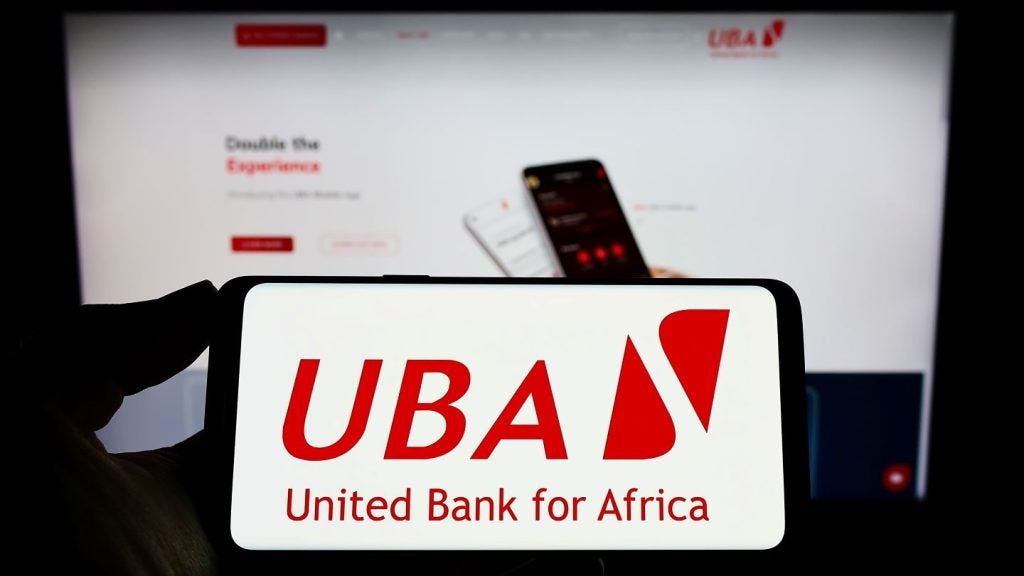
Changpeng Zhao has stepped down as CEO of Binance, the world’s largest crypto exchange, and pled guilty to money laundering charges levelled by the US’ Department of Justice (DoJ) on Tuesday (21 November). As part of the deal, Binance will pay $4.3bn for violations of US money laundering legislation.
The news comes less than a month after Sam Bankman-Fried, erstwhile crypto golden boy and convicted felon, was found guilty of defrauding customers of his FTX exchange and now faces over a decade in prison. CZ, as Zhao is known in crypto circles, may also face time when he is sentenced in February next year.
Though he is currently residing in the United Arab Emirates, which does not have an extradition treaty with the US, he has stated he will return for the sentencing, telling the judge “I want to take responsibility and close this chapter in my life.” However, prosecutors are attempting to bar him from leaving, calling him a flight risk.
He announced his resignation in a long-form post on X (née Twitter), announcing that he “made mistakes, and must take responsibility.”
Despite the support he has received from fans, the overall feeling on social media is dire.
The end of hype
Binance’s plea marks the end of an era. Crypto emerged as a major force in the late 2010s when Bitcoin’s price skyrocketed from around $500 at the beginning of 2017 to over $50,000 by late 2021. Binance was founded in 2017, but CZ had been involved in crypto related endeavours since 2013 when he put his life savings into Bitcoin.
Binance grew fast in the “wild west” days of crypto but began running into troubles in 2021 when it was revealed that the company was under investigation by the Internal Revenue Service (IRS) and DoJ for money laundering, sanctions violation, and other financial crimes.
The company knowingly targeted US customers to grow its exchange despite not being allowed to operate in the country, enabling “illegal transactions between U.S. users and users in sanctioned jurisdictions such as Iran, Cuba, Syria, and Russian-occupied regions of Ukraine – transactions for which Binance profited with significant fees,” according to Acting US Attorney Tessa M. Gorman.
Though the company has now appointed a new CEO who is likely to play nicer with the authorities, billions have already been taken out of the exchange, reports indicate. It is unlikely to lead to the exchange’s collapse, but following the FTX collapse, it is the latest and perhaps final blow to the old crypto market.
The Securities and Exchange Commission (SEC) has been pursuing various crypto exchanges and coin issuers for years now, slowly breaking through the tangle of regulatory non-compliance that has marked the early years of the industry. Notably, the civil suit filed by the department against Binance is the only suit not settled by this plea, so the outcome is yet to be decided.
Blockchain is just beginning
In place of the unregulated market will emerge a leaner, more trustworthy system. The more interesting development, though, may be coming from the traditional finance (tradfi) sector. Blockchain technology and tokenised assets still have many advantages over fiat currency including ease of international transfer and speed of settlement, and banks are keen to utilise them. Central banks around the world are also looking at creating digital versions of fiat currencies to facilitate international trade and increase their control over monetary policy.
Whilst the takeover of what was once considered an alternative to tradfi by exactly the forces it wished to fight may not be popular with many crypto investors, the knowledge and finance that institutions like JP Morgan will enable the underlying technology to finally come into its own.
Our signals coverage is powered by GlobalData’s Thematic Engine, which tags millions of data items across six alternative datasets — patents, jobs, deals, company filings, social media mentions and news — to themes, sectors and companies. These signals enhance our predictive capabilities, helping us to identify the most disruptive threats across each of the sectors we cover and the companies best placed to succeed.






